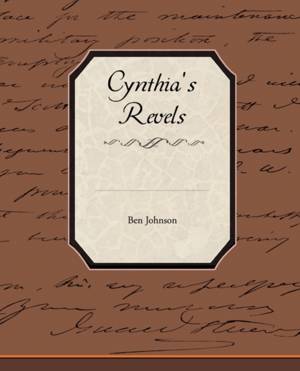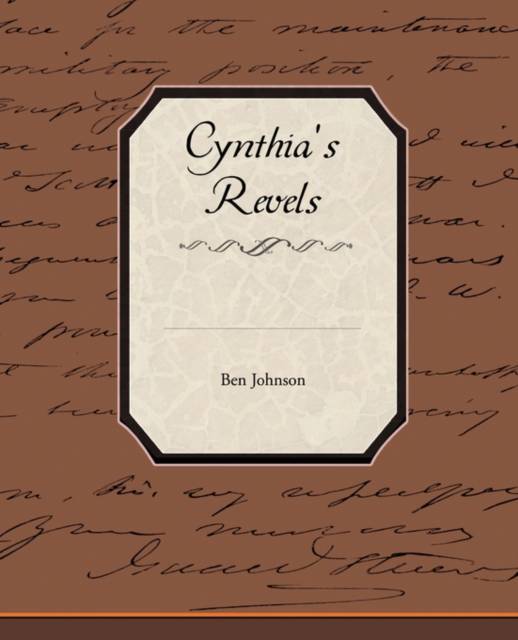
- Afhalen na 1 uur in een winkel met voorraad
- Gratis thuislevering in België vanaf € 30
- Ruim aanbod met 7 miljoen producten
- Afhalen na 1 uur in een winkel met voorraad
- Gratis thuislevering in België vanaf € 30
- Ruim aanbod met 7 miljoen producten
Zoeken
Omschrijving
Cynthia's Revels was one element in the so-called Poetomachia or War of the Theatres between Jonson and rival playwrights John Marston and Thomas Dekker. Ben Jonson coined the term poetmaster, which he defined as an inferior poet with pretensions to artistic value. Ben Jonson was an English Renaissance dramatist, poet and actor. He is known for his satirical plays such as Volpone, The Alchemist, and Bartholomew Fair. Jonson was a great reader and lover of controversy. He had an unparalleled breadth of influence on Jacobean and Caroline playwrights and poets. In 1616 he received an annual pension of 100 marks making him the first Poet Laureate of England. "Cynthia's Revels," his second comical satire, was first acted in 1600. The play begins, "THOU art a bountiful and brave spring, and waterest all the noble plants of this island. In thee the whole kingdom dresseth itself, and is ambitious to use thee as her glass. Beware then thou render men's figures truly, and teach them no less to hate their deformities, than to love their forms: for, to grace, there should come reverence; and no man can call that lovely, which is not also venerable. It is not powdering, perfuming, and every day smelling of the tailor, that converteth to a beautiful object: but a mind shining through any suit, which needs no false light, either of riches or honours, to help it."
Specificaties
Betrokkenen
- Auteur(s):
- Uitgeverij:
Inhoud
- Aantal bladzijden:
- 326
- Taal:
- Engels
Eigenschappen
- Productcode (EAN):
- 9781438519401
- Verschijningsdatum:
- 8/06/2009
- Uitvoering:
- Paperback
- Formaat:
- Trade paperback (VS)
- Afmetingen:
- 190 mm x 235 mm
- Gewicht:
- 562 g

Alleen bij Standaard Boekhandel
+ 81 punten op je klantenkaart van Standaard Boekhandel
Beoordelingen
We publiceren alleen reviews die voldoen aan de voorwaarden voor reviews. Bekijk onze voorwaarden voor reviews.







